True Start – Step Four
Minerals Fact Stack
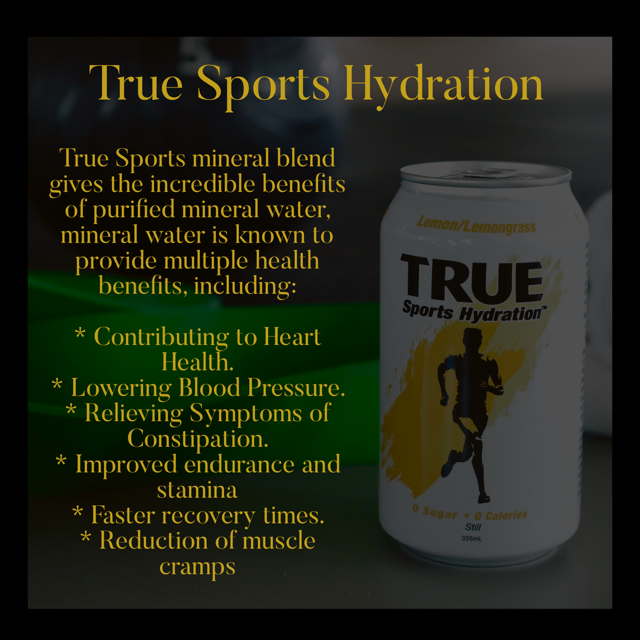
Incredible Benefits
True Sports mineral blend gives the incredible benefits of purified mineral water. Mineral water is known to provide multiple health benefits, including:
- Contributing to Heart Health.
- Lowering Blood Pressure.
- Relieving Symptoms of Constipation.
- Improved endurance and stamina.
- Faster recovery times.
- Reduction of muscle cramps.
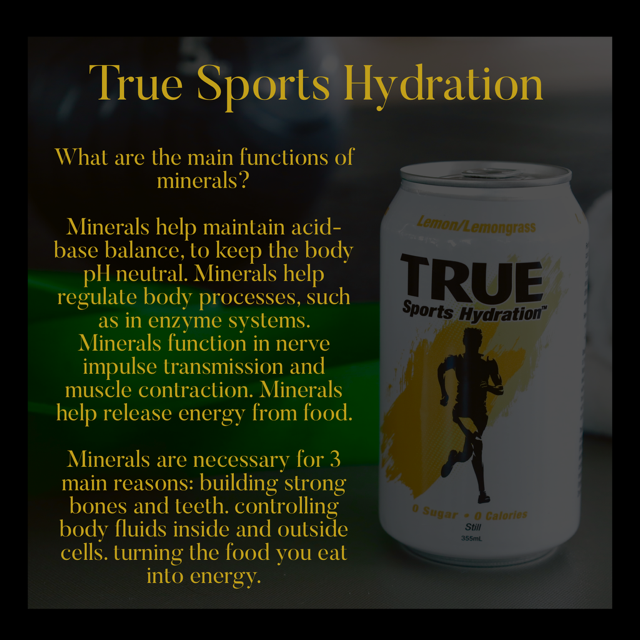
Minerals Main Function
What are the main functions of minerals?
Minerals help maintain acid-base balance, to keep the body pH neutral. Minerals help regulate body processes, such as in enzyme systems. Minerals function in nerve impulse transmission and muscle contraction. Minerals help release energy from food.
Minerals are necessary for 3 main reasons: building strong bones and teeth. controlling body fluids inside and outside cells. turning the food you eat into energy.

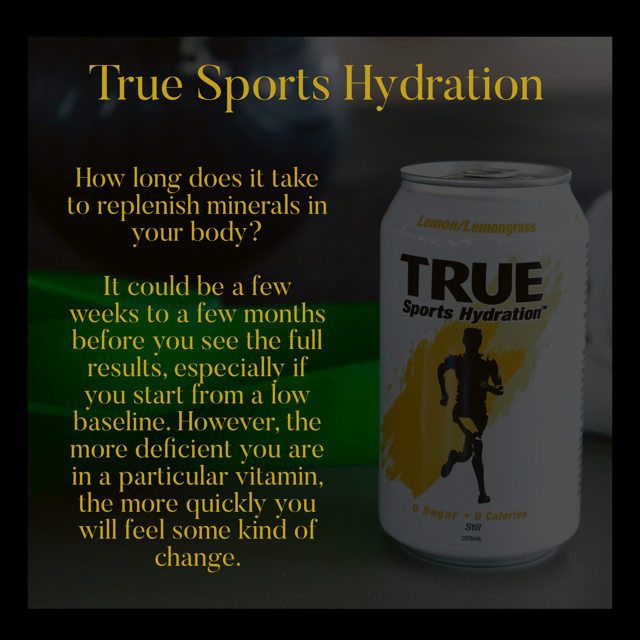
Replenish Minerals
How long does it take to replenish minerals in your body?
It could be a few weeks to a few months before you see the full results, especially if you start from a low baseline. However, the more deficient you are in a particular vitamin, the more quickly you will feel some kind of change.
According to health experts, food cravings in some cases may be indicators of nutritional deficiencies. This explains why you crave fatty foods and sugary treats while on a diet.
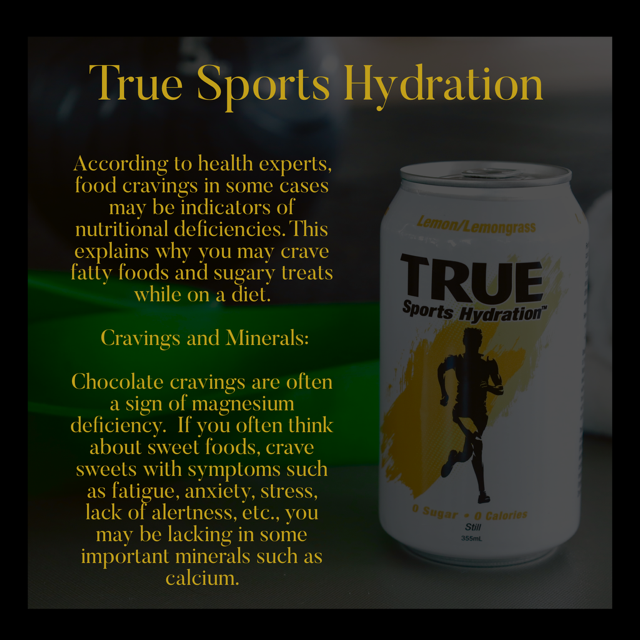
Food Cravings
According to health experts, food cravings in some cases may be indicators of nutritional deficiencies. This explains why you crave fatty foods and sugary treats while on a diet.
Cravings and Minerals: Chocolate cravings are often a sign of magnesium deficiency. If you often think about sweet foods, crave sweets with symptoms such as fatigue, anxiety, stress, lack of alertness, etc., you may be lacking in some important minerals such as calcium.


Magnesium
Magnesium is an important element for the protection of muscle mass. Exercise affects magnesium metabolism at varying rates depending on the intensity. While the magnesium level increases in mild to moderate long exercises, the level decreases in severe exercises. Magnesium increases athletic performance and muscle strength. Magnesium also plays a vital role in the healthy and proper functioning of the important hormones that control the body. Regular daily increased intake of magnesium over a 4-week period has been shown to improve muscle performance, reduces exercise-induced inflammation, reduces DNA damage and the level of cortisol, also known as the stress hormone.
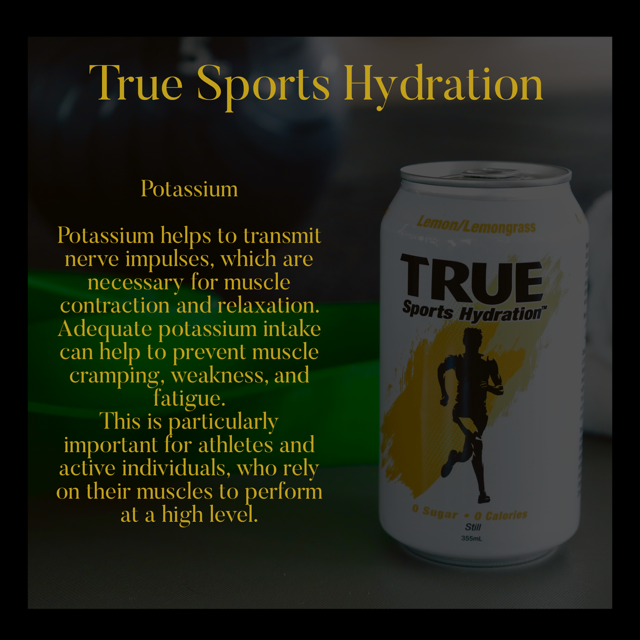
Potassium
Potassium helps to transmit nerve impulses, which are necessary for muscle contraction and relaxation. Adequate potassium intake can help to prevent muscle cramping, weakness, and fatigue. This is particularly important for athletes and active individuals, who rely on their muscles to perform at a high level.
